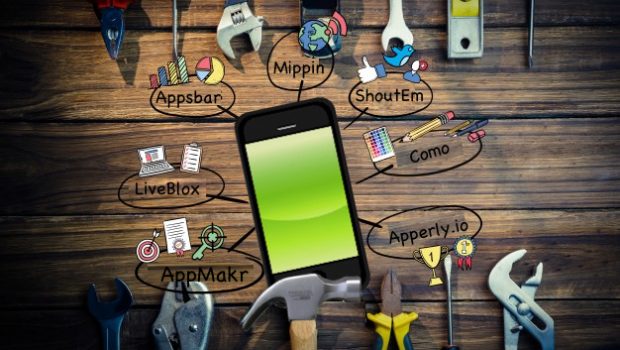iOS Versus Android App Development: What Is Better for Your Startup?
While there is no doubt that Google and Apple are two of the biggest tech giants across the world, there is plenty of debate regarding whose operating system has the upper hand: Google’s Android or Apple’s iOS!
Before you approach any mobile app development company, you first need to compare the benefits of an Android app versus those of an iOS app and weigh both of them under certain other parameters, such as target audience and budget. Doing so will allow you to be able to list your app requirements for the appropriate Android app development company or iPhone app development company.
In order to make your analysis easier, we provide an in-depth comparison of iOS and Android app development to help you make the right choice for your startup.
Time and Money
An Android app takes longer to develop due to fragmentation. So, you are bound to spend more resources and money to develop an Android app. Even if you plan to outsource the work to an award-winning or reliable third-party custom mobile app development agency, the costs of developing an Android app will be higher when compared to that of an iOS app.
Additionally, an iOS app development company will charge you less for coming up with an iOS-based app because the platform comprises several pre-crafted interfaces. And, iOS apps need to run on fewer devices since very few smart devices belong to the iOS group. This ensures that the corresponding development and maintenance costs are quite low.
Above all, the quality of Android apps is not as high as that of iOS apps which makes the Android apps more prone to bugs, even after the app has gone live on the play store. And, fixing more app bugs requires additional time.
The only activity for which iOS app development proves costly is the launch or release on Apple’s store ($99 per year), against the cost of featuring an Android app on Google Play Store ($25 per year).
Ease of Launch
An iOS app needs to follow several strict approval policies in the app store (Apple’s official store) before it can be approved and released. Yet, in the case of Google Play Store, the approval guidelines are simple, resulting in a quicker publication for Android apps than for iOS apps.
Target Audience Behavior
Before your company avails any of the mobile app services, you need to understand your target audience.
On the one hand, most iOS apps are paid because of the phones’ high quality. This means that the people who use them, particularly those living in developed countries like the US and Europe, can spend more.
On the other hand, many Android apps are free to use and its major target audience, particularly from the different developing countries, has less spending capability.
Security
The Android operating system is open source and so your app would be available for download from different sources. This makes Android apps more prone to viruses and similar security threats. Contrary to Android, iOS downloads are limited to a very few sources which means that iOS apps are more secure.
So, if you intend to offer more security to your app users, then it would be better to opt for iPhone app services instead of Android app services.
Demographic Reach
You need to be clear about the kind of reach that you expect from your mobile app.
The Android market share is huge (more than 80% global reach, as per the IDC) which increases your opportunities or possibilities to reach out to a wider demographic and more users. This means that if you plan to make your mobile app go viral among a large number of people across the globe (instead of targeting a niche audience) then iOS app services may not prove effective for your enterprise.
Revenue Generating Capability
For iOS apps, the main source of revenue comes from their audience who has greater buying power and who are willing to purchase the apps and continue to make in-app purchases. However, for Android apps, the revenue is mostly generated by displaying ads.
Once you know the objective and revenue strategy of your app, you can accordingly hire mobile app developers to get the work done.
If you are looking to hire iPhone app developers, the relevant programming language expertise you need to check for is Swift. Similarly, if you need Android app developers, then your enterprise must look out for Java programming language experts.
| iOS App Development | Android App Development | |
| Time and Money |
|
|
| Ease of Launch |
|
|
| Target Audience Behavior |
|
|
| Security |
|
|
| Demographic Reach |
|
|
| Revenue Generating Capability |
|
|
Do you plan to develop an Android or iPhone app? Do you have any questions? Let us know in the comments below.
About the author:
Shishir is the founder of ChromeInfotech., a well-known name in the Indian mobile app development and designing industry. With years of experience in the domain, he has now acquainted himself with all the nitty-gritties of what goes into making an awesome app in the least possible time.













![50 Keyboard Shortcuts to use WordPress Like a Pro [Infographic]](https://technofaq.org/wp-content/uploads/2017/06/50-Keyboard-shortcuts-to-use-WordPress-like-a-Pro-150x150.jpg)






